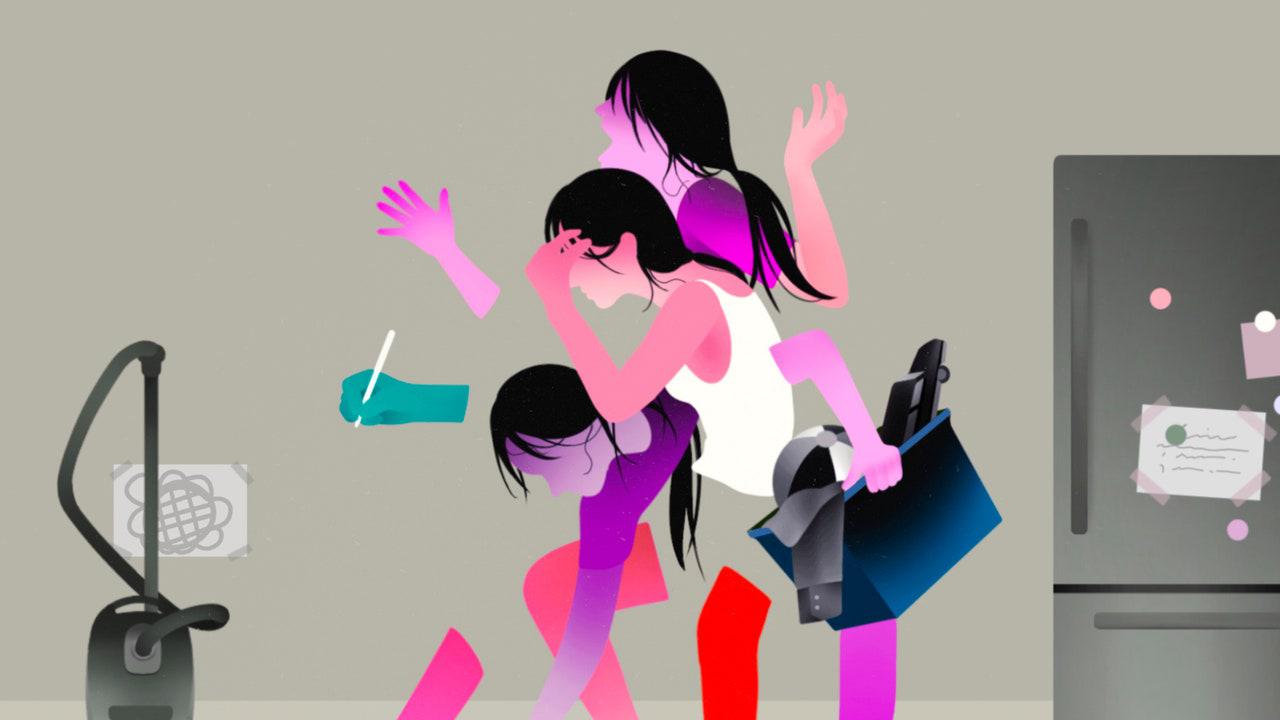
2024-08-05 3260词 晦涩
Jane, they’re singing your song. The narrator of Sarah Manguso’s new novel, “Liars” (Hogarth), lies awake next to her husband, dully, resentfully making herself come. “The smell of a woman’s cunt on her own fingers, I wrote in my notebook that night. It felt important,” she tells us. This is what passes for epiphany for the solemn, solitary Jane, who searches for self-knowledge in a woebegone key. She is in full wilt, exhausted by trying (and failing) to balance full-time parenthood with her work as a writer and a teacher, to say nothing of her constant itinerancy; she and her husband, John, move six times in eight years, as he founds (or is fired from) a series of businesses. Feckless, beautiful John. Jane desires him terribly—his heavy limbs and cedar smell, his “raucous black bloom of pubic hair”—even as he squanders their money, even as he refuses to touch her. In the next room, she can hear him on the phone with another woman. Told in tight vignettes, gusts of fury, the novel is not so much the story of the slow implosion of a marriage over the years as it is the black box found amid its wreckage, a play-by-play accounting, from Jane’s point of view, of her own annihilation.
免责声明:本文来自网络公开资料,仅供学习交流,其观点和倾向不代表本站立场。